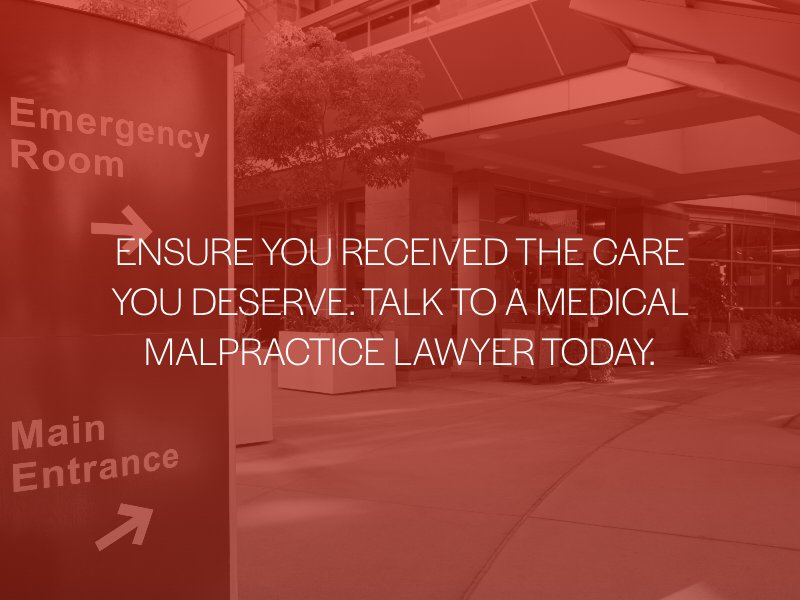Wrongful or Early Discharge: Hospital Negligence
Posted in Medical Malpractice on March 14, 2023
Wrongful or early discharge from a hospital can occur when a patient is released before their medical condition has stabilized or without adequate preparation for continued care. This can result in serious harm to the patient and is a form of hospital negligence.
Reasons Why Patients are Discharged Early or Wrongfully
There are several reasons why patients may be wrongfully discharged from a hospital, including:
Misdiagnosis or Inadequate Treatment
If a patient’s medical condition is misdiagnosed or inadequately treated, they may be discharged prematurely without receiving the appropriate care and support necessary for recovery.
Pressure to Free Up Hospital Beds
Hospitals may be under pressure to free up hospital beds, especially during peak demand periods. As a result, it can lead to patients being discharged before their medical condition has stabilized.
Failure to Properly Assess the Patient’s Condition
Healthcare providers may not properly assess a patient’s medical condition or take into account all of their health needs when making a discharge decision.
Communication Breakdown
A lack of communication or miscommunication between healthcare providers and patients can result in premature discharges. Patients and their families may not fully understand their medical condition, the recommended treatment plan, or their ongoing care needs.
Financial Pressures
Hospitals may discharge patients prematurely if they do not have adequate insurance coverage or the financial resources to pay for their care.
To prevent wrongful discharge, healthcare providers should thoroughly assess a patient’s medical condition, take into account their ongoing care needs, and fully inform patients and their families about their diagnosis and treatment plan.
Patients’ Rights after an Early or Wrongful Discharge
Patients who believe they are being or have been discharged from a hospital early or wrongfully have the right to appeal the discharge decision. First, request a meeting with your healthcare provider to discuss your concerns about being discharged. If you are unable to resolve the issue, file a complaint with the hospital’s patient advocacy department or with regulatory agencies such as state health departments or the Joint Commission.
Patients who are discharged too early may experience complications or relapses that require readmission to the hospital or other medical interventions. Therefore, you may be able to pursue legal action against the hospital for medical malpractice if you are harmed by being discharged.
Proving a Medical Malpractice Claim for a Wrongful Discharge
To prove a medical malpractice claim for early or wrongful discharge, the patient or their attorney must demonstrate the following:
- Duty of Care: A patient—healthcare provider relationship existed. Therefore, the medical provider owed a duty of care to the patient.
- Breach of Duty: The healthcare provider breached their duty of care by discharging the patient early or wrongfully.
- Causation: The timing of the discharge was the direct cause of harm or injury to the patient.
- Damages: The patient suffered losses, such as physical harm, additional medical bills, lost income, pain and suffering, etc., due to the premature discharge.

If successful, a medical malpractice claim for wrongful discharge can result in significant compensation. Consult with a Philadelphia Medical Malpractice Lawyer as soon as possible who can evaluate your case and help you determine your legal options.

